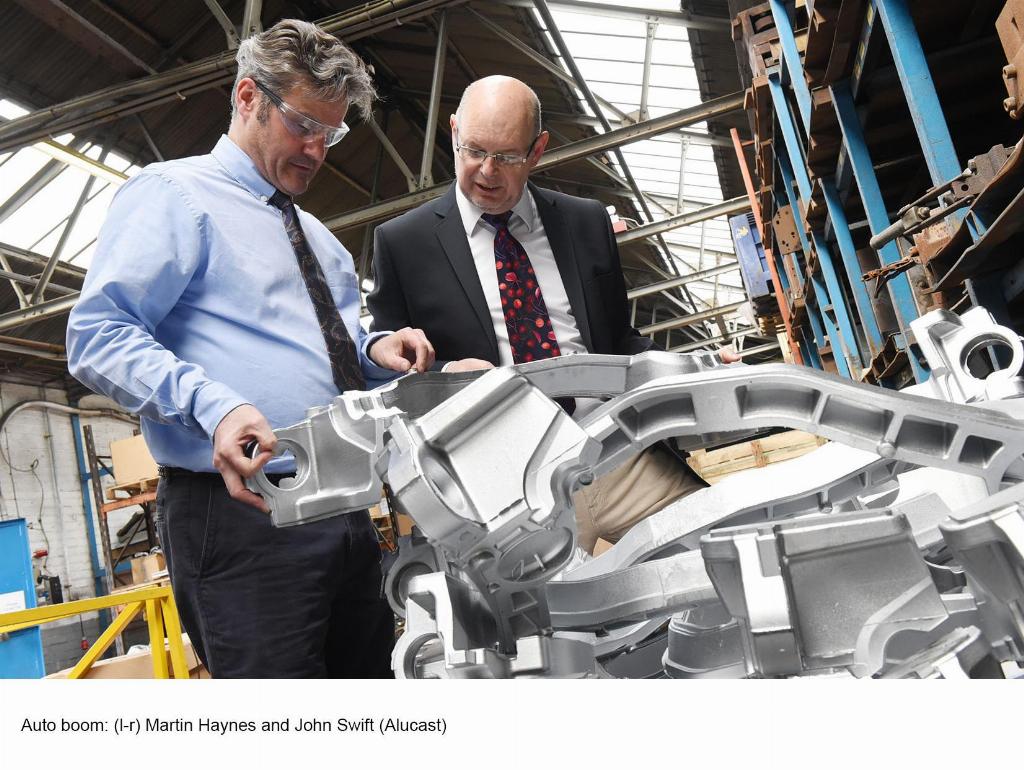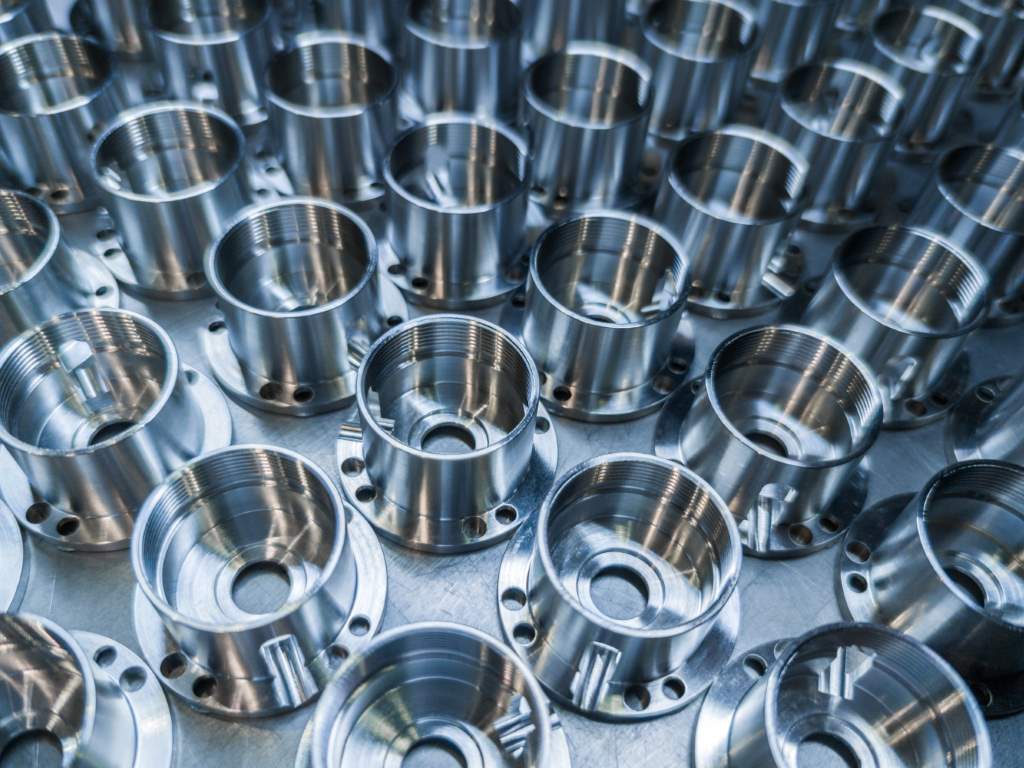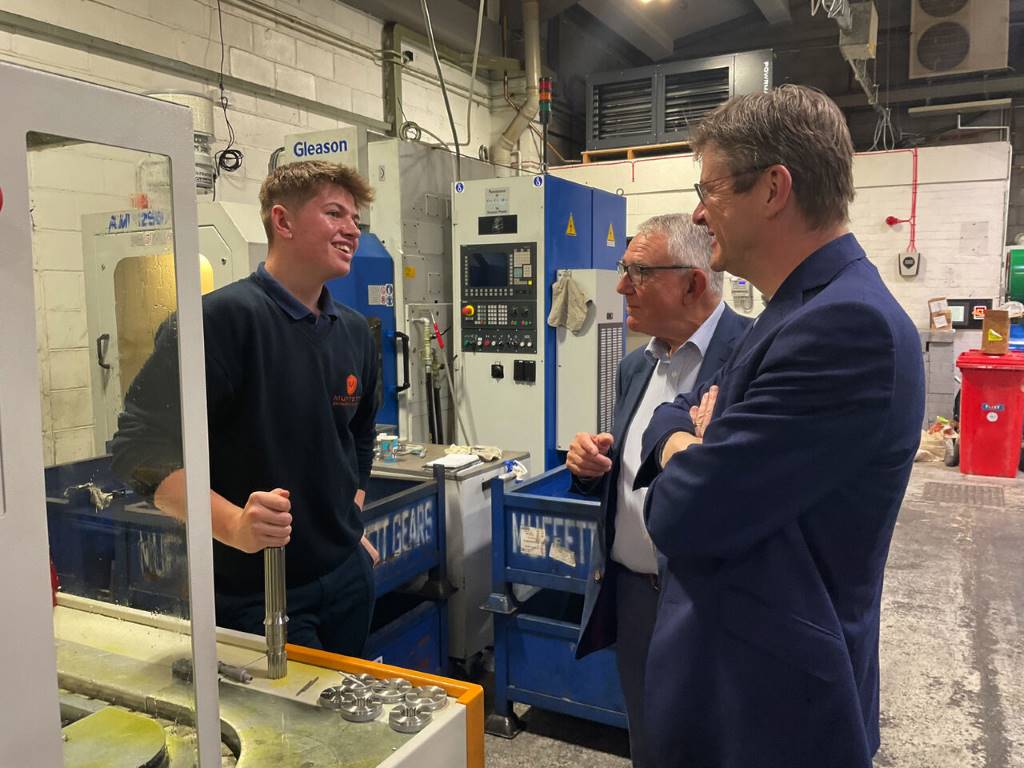Latest UK manufacturing industry data paints a mixed picture

The latest PMI figures reveal the upturn in the UK manufacturing industry is being constrained by supply chain disruption and rising cost pressures.
February’s data shows this disruption has kept output growth only marginal despite a modest improvement in new order intakes.
Survey data were collected 11-23 February.
The seasonally adjusted IHS Markit/CIPS Purchasing Managers’ Index (PMI) rose to 55.1 in February, up from 54.1 in January and above the flash estimate of 54.9. The PMI has signalled growth for nine months in a row.
Output rose at the weakest pace during the current nine month sequence of increase. New orders expanded following a slight decrease in January, as domestic demand improved and new export business inched higher. Companies reported improved demand from several markets – including the US, Asia, Scandinavia and (in a few cases) mainland Europe – but noted that the ongoing impact of COVID-19, Brexit complications and shipping difficulties also constrained export order growth.
Investment goods was the best performing sector during February, registering the fastest growth of output, new orders, new export business and employment of the three industries covered by the survey. Intermediate goods also saw production and new business increase, in contrast to the continued downturn at consumer goods producers.
Business optimism rose to a 77-month high in February, with over 63% of companies reporting that they expect output to be higher in one year's time. Positive sentiment was linked to continued recovery from the pandemic, reopening of the global economy (including less transport restrictions) and reduced Brexit uncertainties.
Backlogs of work also ticked higher, increasing for the fourth month running. The combination of rising output, new orders and outstanding business alongside improved sentiment among manufacturers encouraged further job creation. Employment rose for the second month running and at the quickest pace since June 2018. Hiring also reflected the ongoing recovery from COVID-19 and raising capacity to meet future demand growth. Input cost inflation accelerated for the ten
James Brougham, senior economist at Make UK said: “Today’s data shows a stark contrast in performance metrics for the UK manufacturing sector. On the one hand, business optimism stands at a high not seen in over six years, and on the other, a near record increase in supplier delivery times and cost pressures.
“The compound effects of continued COVID-19 related disruption now exacerbated by manufacturers’ cautious navigation of the new UK-EU trading arrangement has created a scenario in which logistical and supply-side challenges are limiting the rate of economic recovery for the sector.
“Despite shortages in raw materials and supply-chain disruption leading to the highest input cost inflation rate seen in over four years, combined with near record-breaking extensions in vendor lead times, the sector is still signalling its intention for recovery nonetheless. It would appear that short-term practical barriers are currently limiting the UK manufacturing sector’s overall medium-term recovery potential.”
Make UK www.makeuk.org













